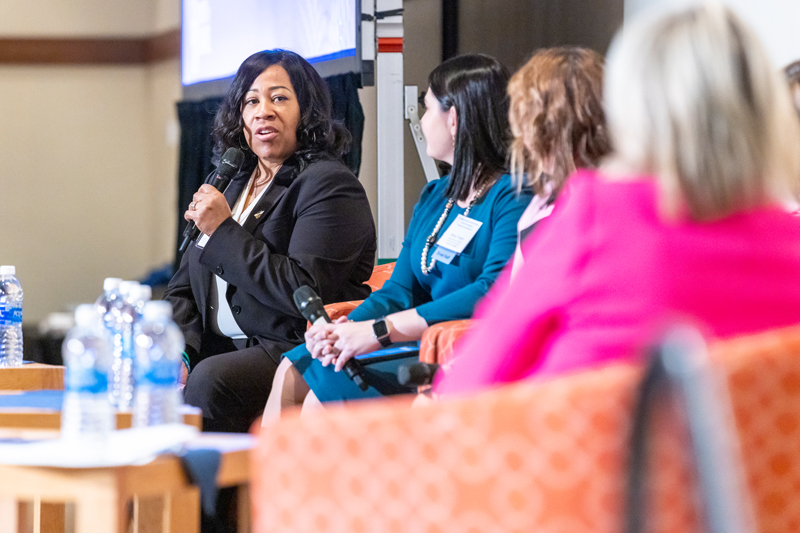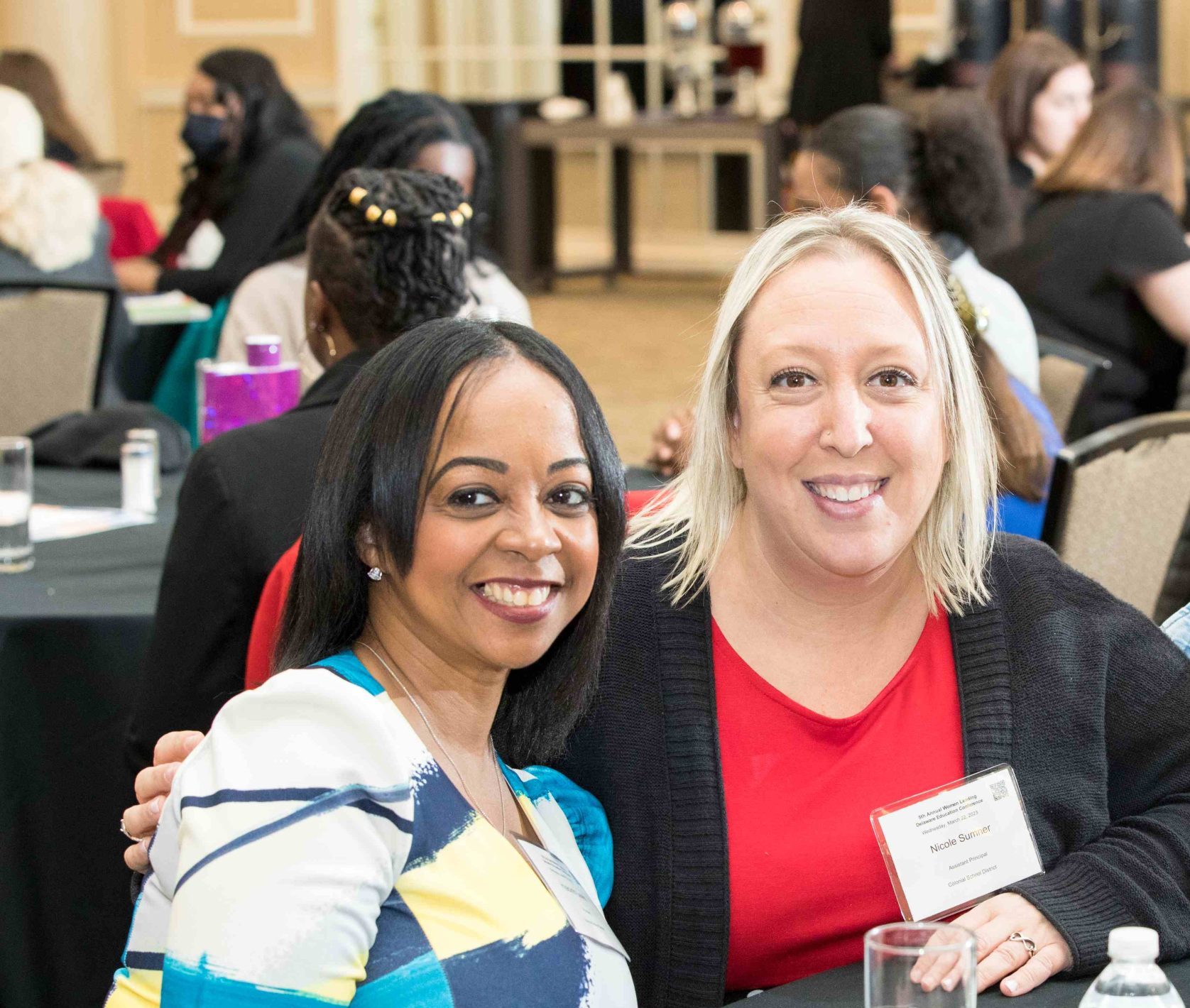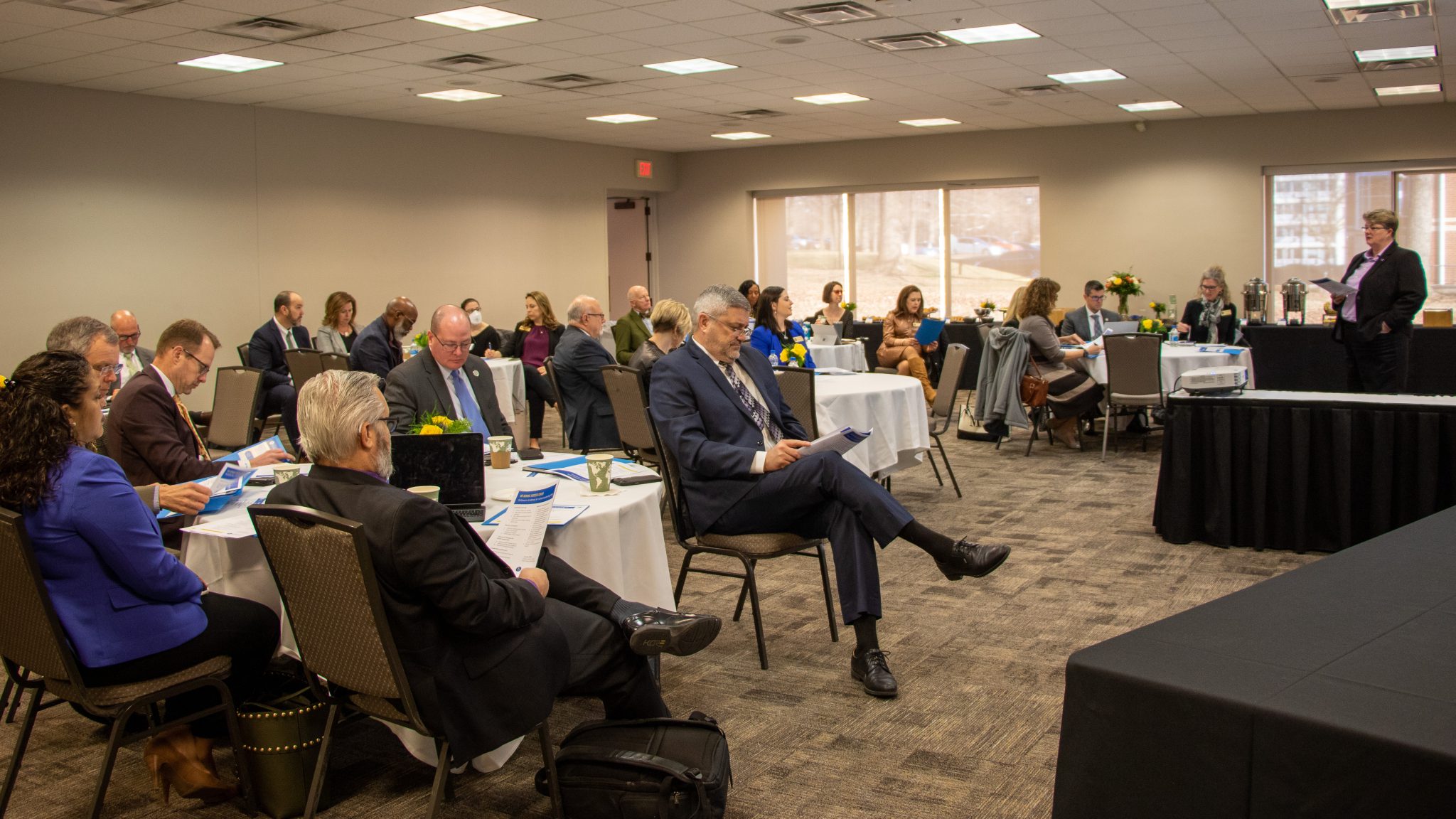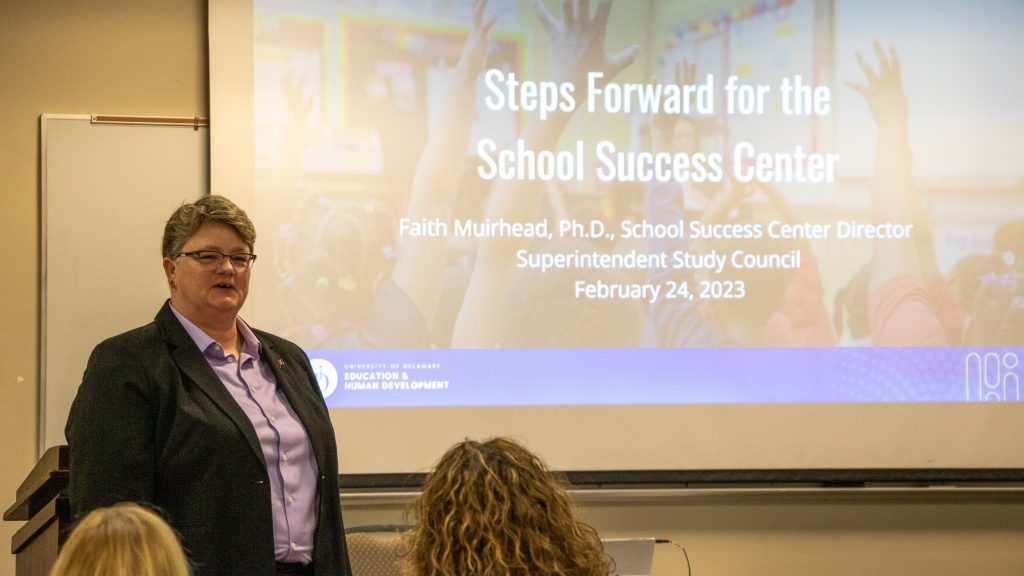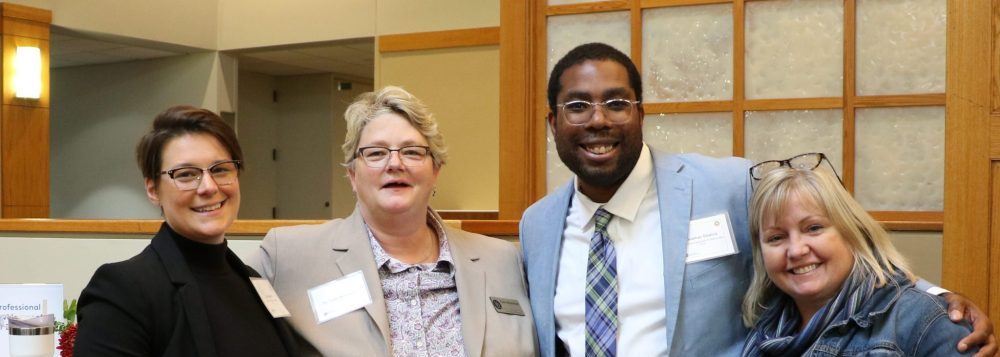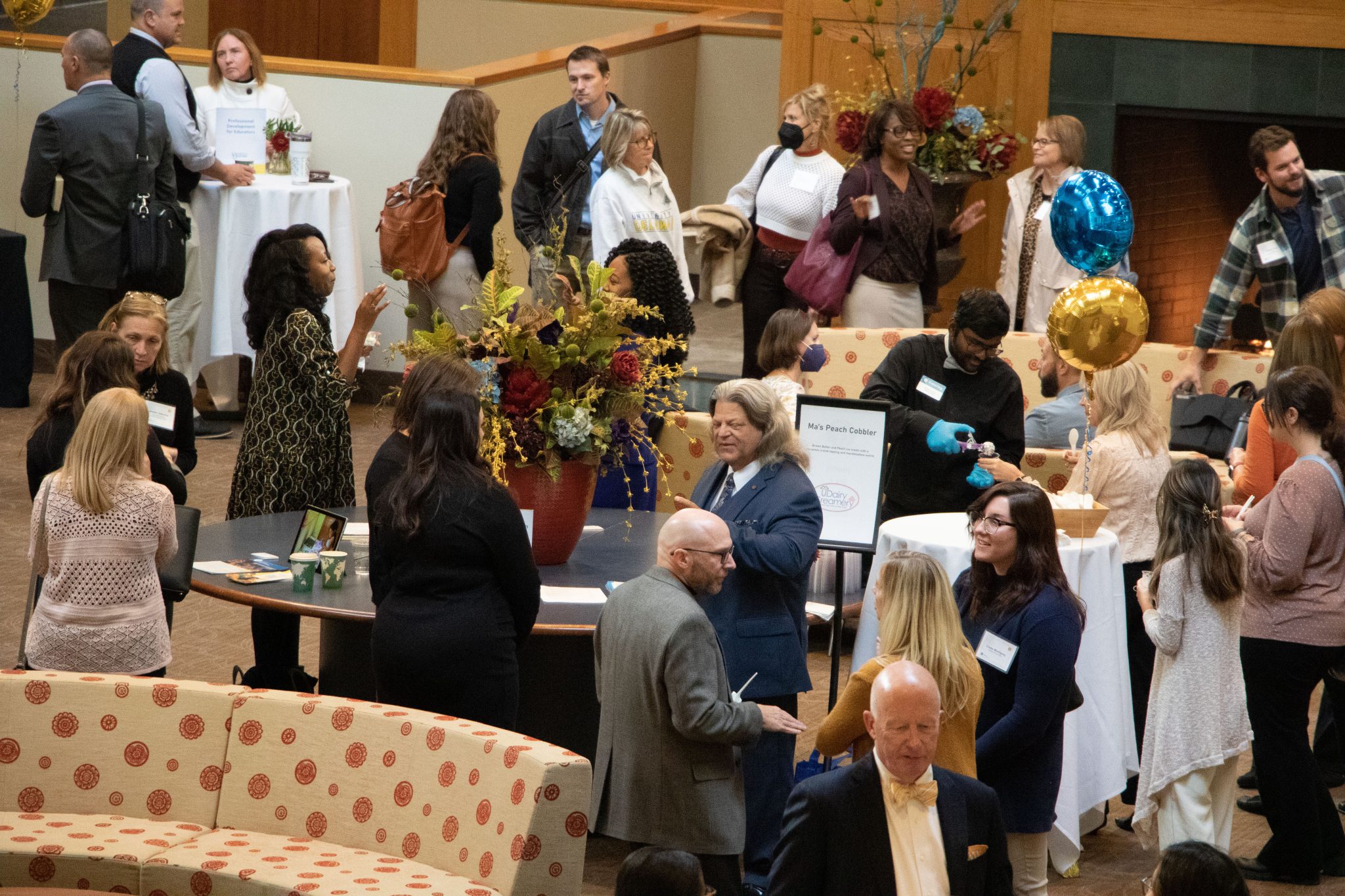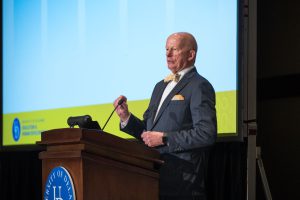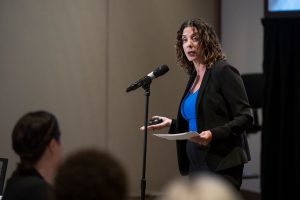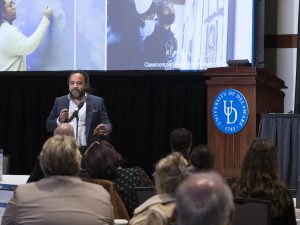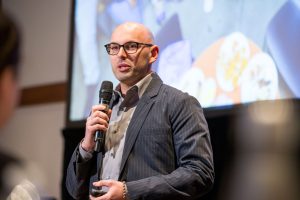UD hosts 23rd annual professional learning conference for nearly 600 Delaware educators with state and local partners
July 2, 2025
In partnership with the Delaware Department of Education (DDOE) and the Delaware Association of School Administrators, UD’s School Success Center (SSC) and Partnership for Public Education (PPE), housed within the College of Education and Human Development (CEHD), welcomed nearly 600 educators to the 23rd annual Policy and Practice Institute on June 24, 2024 at Dover High School in Dover, Delaware.
The conference is Delaware’s premier networking and professional learning event for educators, school leaders and policymakers. With practical tools and resources, this year’s event enabled participants to create engaging and effective learning opportunities for Delaware students. Sessions focused on building school, family and community partnerships, recruiting and retaining educators and more. Participants also enjoyed Delaware TIDE talks, fast-paced and creative presentations meant to trailblaze, innovate, discover and empower.
“The Policy and Practice Institute is powerful because it brings people together around what truly matters in education—connection, care, and possibility,” said Faith Muirhead, director of the SSC. “The conference creates space for honest conversations, bold ideas and shared purpose.”
The event also included remarks from Cindy Marten, DDOE secretary of education, and a keynote address from Monique Couvson, an author, scholar and philanthropy executive with experience in education, civil rights, juvenile and criminal justice. She delivered a keynote aligned with the conference’s theme, “Enjoying the Ride: Navigating Change with Purpose.”
“Delaware Secretary of Education Marten challenged us to focus on what’s working and build from there—because data, when used with intention, can illuminate the path forward,” Muirhead said. “Dr. Couvson reminded us that healing and learning go hand in hand, and that students thrive when they feel seen and supported. It’s this mix of heart, insight and collaboration that makes the Institute such a meaningful force for change.”
“Schools may be part of the tapestry of healing in our society, or part of the tapestry of harm,” said Couvson, president of Grantmakers for Girls of Color. “In Delaware and elsewhere, purpose-driven leadership in education requires a commitment to building learning institutions that lovingly respond to the needs of our young people at the intersection of their identities. I appreciated the opportunity to share my ‘notes from the field’ with this extraordinary collection of brave and committed educational leaders.”
Annastasia Purinton, associate director of the PPE, expressed gratitude for the continued ability to partner with Delaware educators and policymakers throughout the state.
“Each year, PPE collaborates with faculty, district teams and school colleagues to meaningfully integrate research and expertise into the Policy and Practice Institute program,” Purinton said. “As the premier education conference in the state, Policy and Practice Institute offers a prime opportunity to unite with educators and leaders across Delaware and to explore in-depth the initiatives that fuel their passion.”
Article by Jessica Henderson. Photography by Maria Errico.





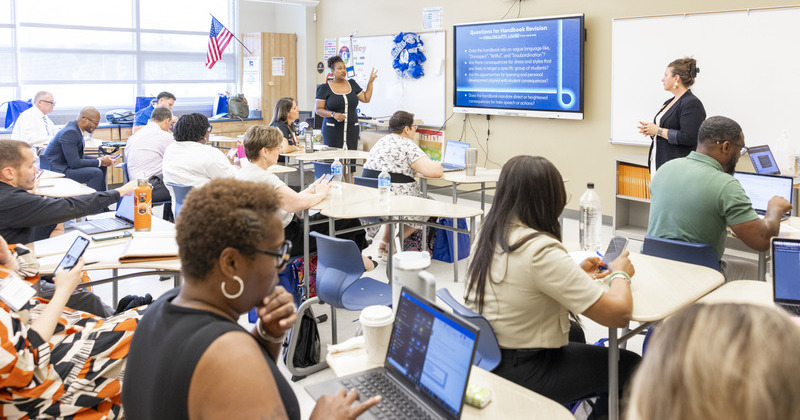
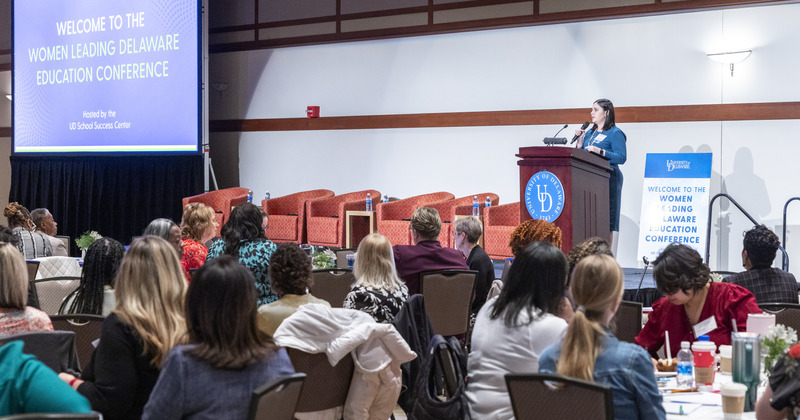
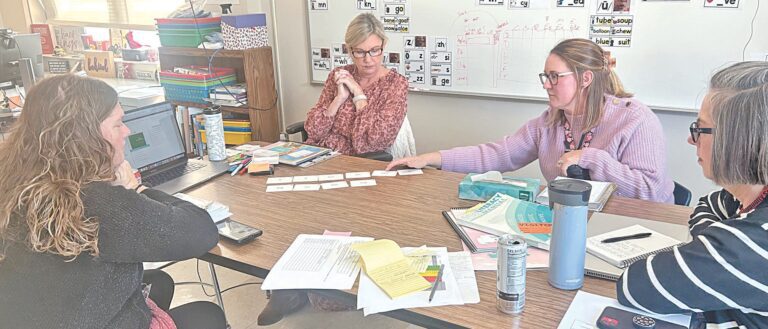
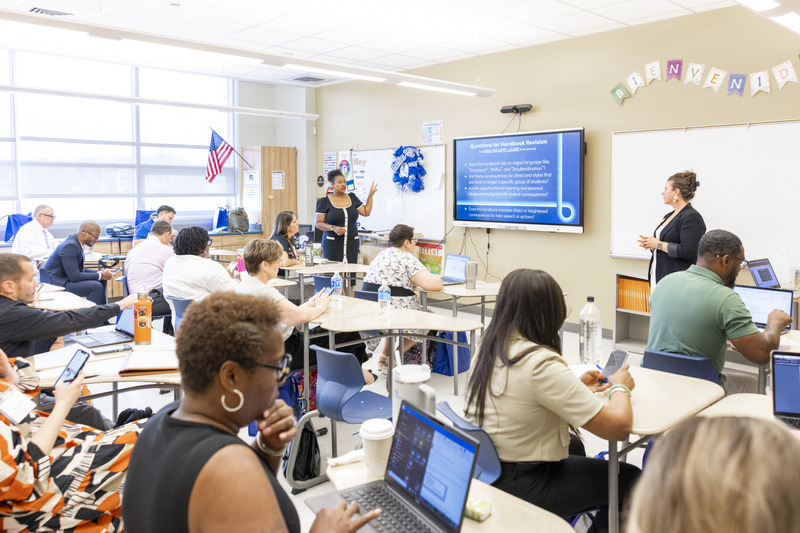
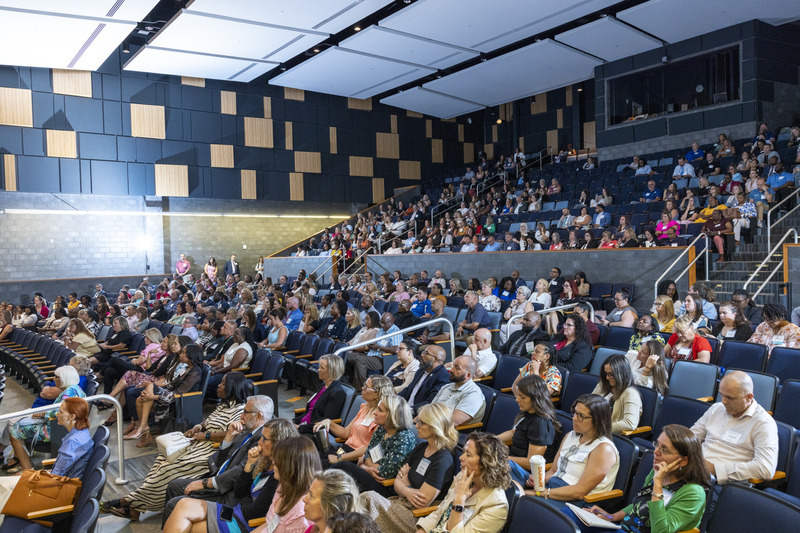
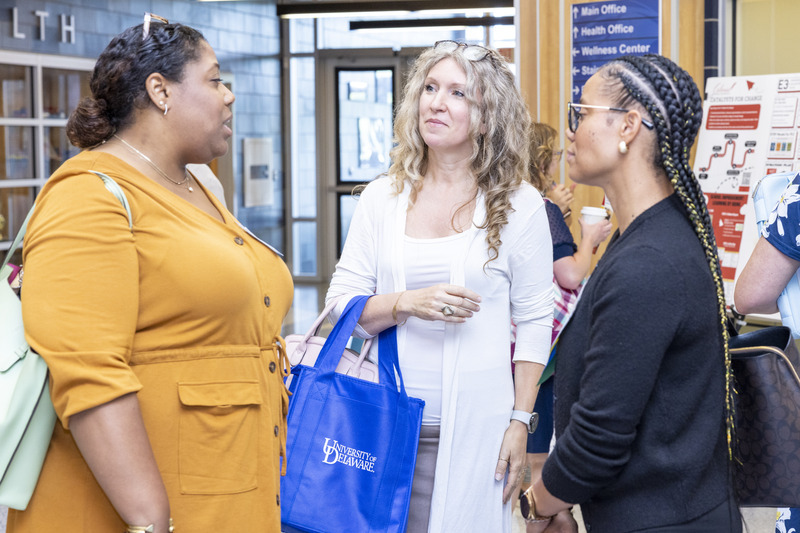
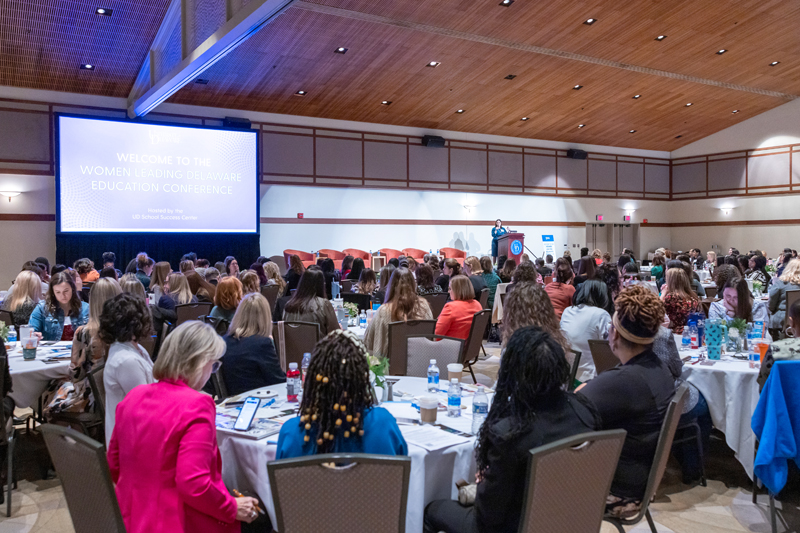
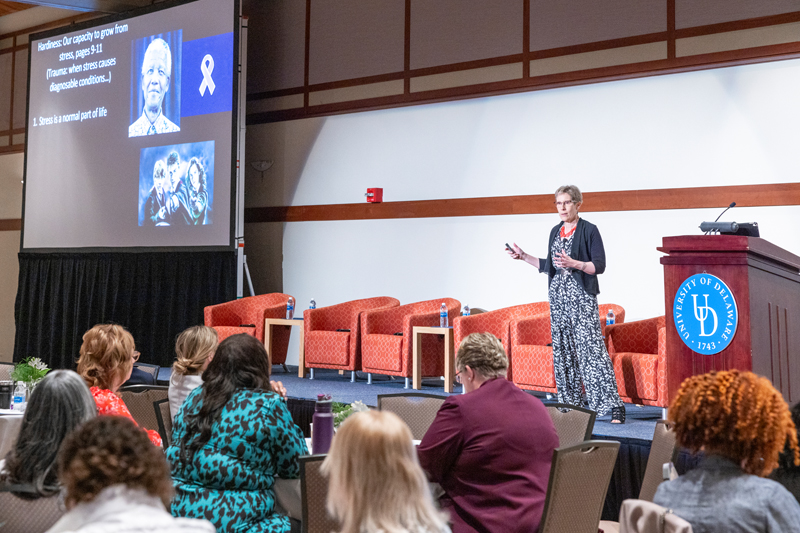 J
J